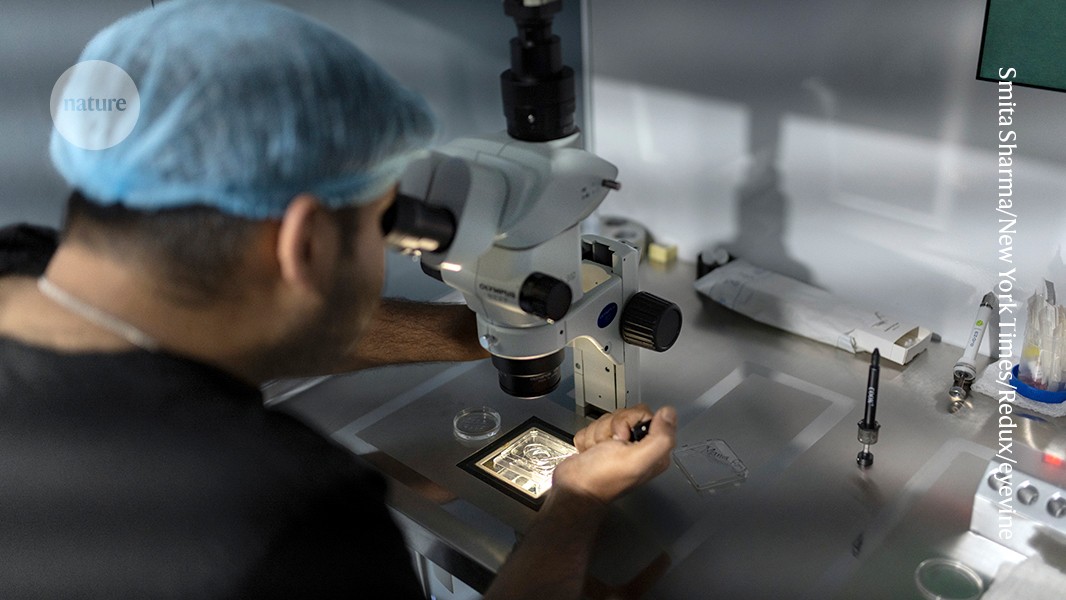
"Even though the UK government has not announced any plan to revise its laws in light of this recommendation, the HFEA's announcement could have global ramifications."
"Since the '14-day rule' was established in 1990, it set a limit that has been widely accepted by scientists, ethicists and policymakers in many countries."
"By culturing embryos for up to 28 days, researchers could learn more about crucial subsequent developmental stages and the processes that occur before neurons and sensations arise."
"A visible indicator - closure of a structure along the embryos back called the neural tube, which goes on to form the central nervous system - marks a clear cut-off point at around 28 days."
The HFEA recommended extending the time for culturing human embryos from the established 14 days to 28 days. This rule was initially set in 1990 to maintain public trust while allowing scientific investigation into early human development. Current advancements make it possible to culture embryos beyond 14 days, enabling research into important developmental stages prior to key processes like organ and nervous system development. Closure of the neural tube marks a distinct milestone around 28 days, paralleling the significance of the primitive streak at 14 days.
Read at Nature
Unable to calculate read time
Collection
[
|
...
]